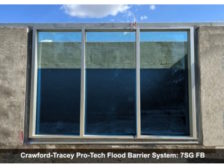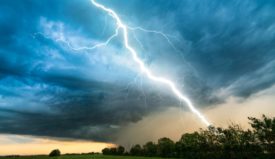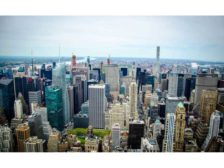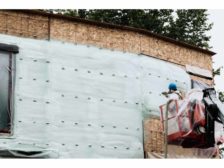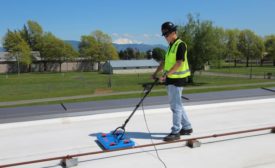Home » Keywords: » flooding
Items Tagged with 'flooding'
ARTICLES
In just a decade, Waterfront Alliance has achieved a major milestone
Read More
Recent Advances in Electronic Leak Detection
Locating Breaches in Waterproof Membranes has Never Been Easier
December 7, 2020
Enhance your expertise with unparalleled insights.
Join thousands of building professionals today. Shouldn’t you know what they know?
SUBSCRIBE TODAY!Copyright ©2025. All Rights Reserved BNP Media.
Design, CMS, Hosting & Web Development :: ePublishing



